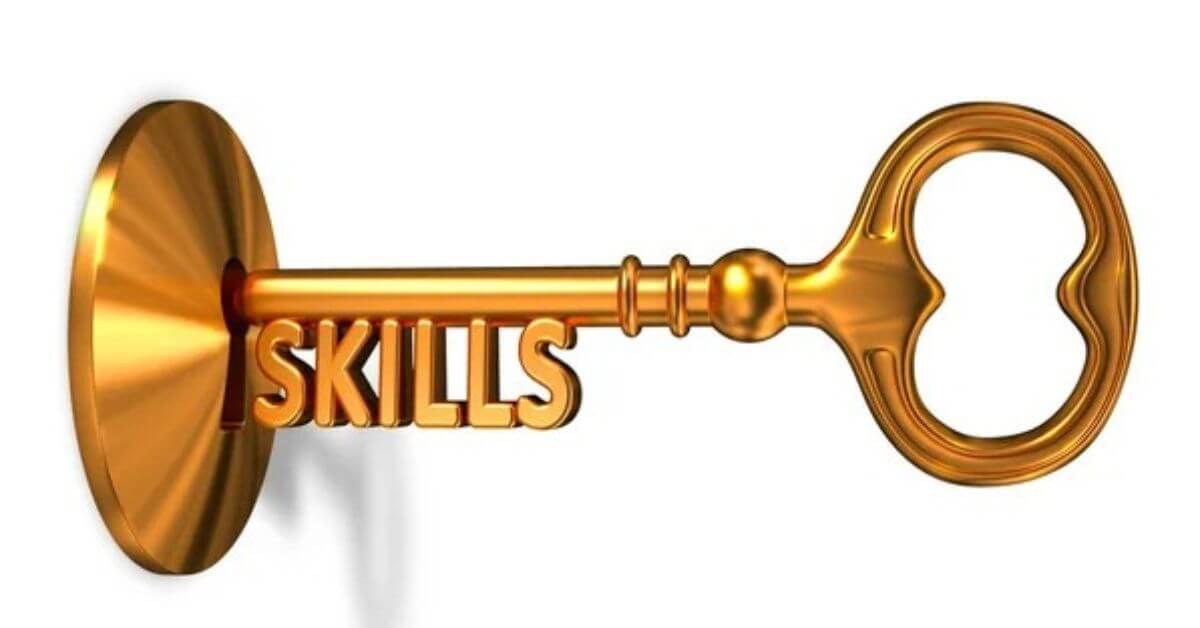Managing and developing your abilities is essential for success in life and work in today’s environment of rapid transformation.
Your ability to adapt to new difficulties, grasp opportunities, and maintain a competitive edge in your chosen sector depends on constantly learning and honing your skills.
In this blog article, we’ll look at some best practices for developing and managing your skills, giving you the tools you need to succeed in a constantly changing environment.
Best Practices for Managing and Growing Your Skills
Perform a skills evaluation
First, undertake a thorough skills assessment to pinpoint your advantages and potential growth areas. Consider your level of technical understanding, soft skills, and industry-specific information.
This evaluation will provide a clear overview of your skill set and allow you to concentrate on areas that need improvement. Ask for comments from superiors, coworkers, or mentors to acquire additional perspectives and ideas. A comprehensive skills assessment is the basis for developing a unique growth plan.
Establish SMART objectives
Establish SMART (Specific, Measurable, Achievable, Relevant, Time-bound) goals after identifying your areas for growth. Set explicit goals to track your development of the talents you want to acquire.
Break each goal into more realistic, doable steps to make your growth path more manageable. By establishing SMART objectives, you lay out a plan that directs your efforts toward skill development and offers determination, guidance, and a feeling of purpose.
Pursue Continuous Learning
Embrace lifelong learning as a basic strategy for managing and developing your skills. Utilize professional development opportunities to stay current on market trends, cutting-edge technologies, and innovative practices.
Attend conferences, webinars, workshops, and seminars to increase your knowledge. To learn new skills and remain current, enrol in online training programs, certifications, or programs tailored to your sector.
Make reading books, journals, and research papers about your field a habit. By accepting continuous learning, you can build new talents and improve your current ones, leading to more chances.
Seek Diverse Experiences
You can expand your skill set by pursuing varied experiences both inside and outside of your current work. Take on difficult tasks or initiatives that require stepping outside your comfort zone. Participate in cross-functional teams or work with coworkers from various departments.
Take part in endeavours that force you to hone abilities outside your specialization. You can get a wider viewpoint, improve adaptable skills, and promote adaptability in changing contexts by diversifying your experiences.
Practice Deliberate Practice
To enhance the development of your skills, embrace the idea of focused practice. Deliberate practice entails consciously concentrating on areas that need improvement, obtaining feedback, and performing repetitive actions to improve your skills.
Dissect difficult talents into manageable parts, then intentionally practice each part while looking for methods to get better. Consult with mentors, coaches, or subject-matter experts to get their input to improve your practice. You may maximize your learning capacity and hasten the growth of your skills by using purposeful practice.
Network and Collaborate
Collaboration and networking are essential for managing and developing one’s skills. Establish connections with experts in your sector by attending networking events, trade shows, or online communities.
Have in-depth discussions, impart knowledge, and gain from the experiences of others. Work together on initiatives or projects that allow you to gain knowledge from coworkers with various perspectives and skill sets. Collaboration and networking open doors to knowledge sharing, skill development, and personal development.
Conclusion
Managing and expanding your skill set is a continuous process that calls for commitment, flexibility, and a drive to continue learning. You may effectively manage and develop your talents by completing a skills assessment, creating SMART goals, seeking continuous learning, searching out various experiences, engaging in intentional practice, networking, and collaborating.
Adopting these best practices will prepare you to handle the constantly shifting business environment, overcome new obstacles, and consistently improve.
